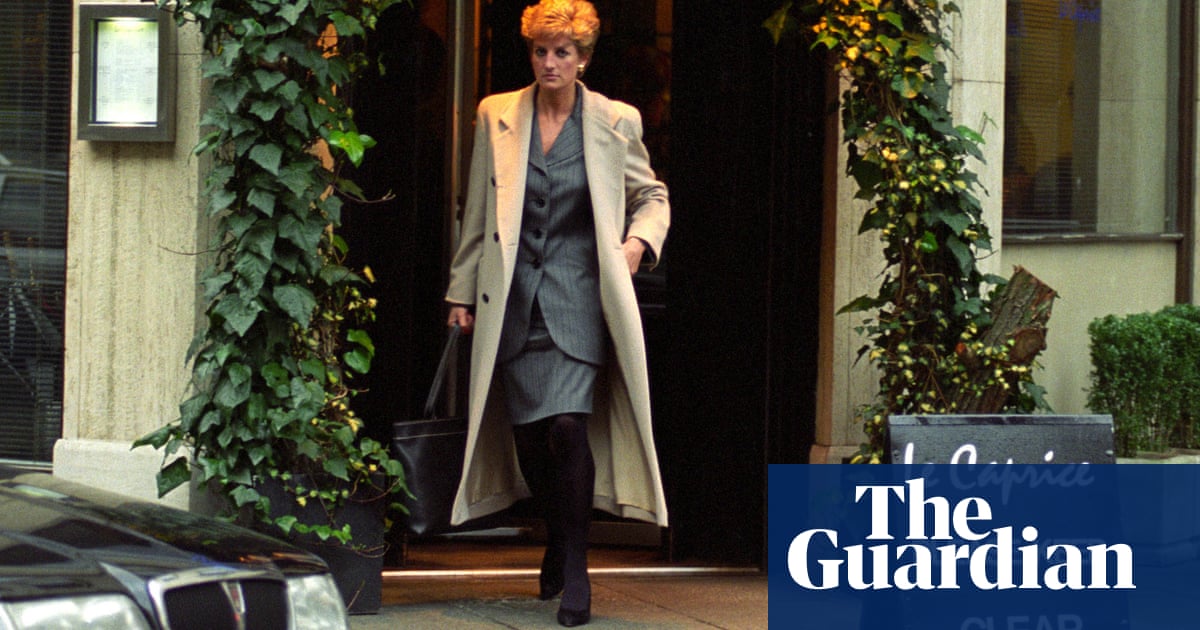
Mick Rock’s camera has charted the careers of the great stars of music and is responsible for some of the most famous album covers, including Lou Reed’s Transformer and Queen’s Queen II.
Now, at 72, the renowned London-born photographer is to release five of his unpublished portraits of pop culture giants David Bowie, Kate Moss, Bryan Ferry, Freddie Mercury and Syd Barrett of Pink Floyd. And 20% of the sales of the prints, which were to have hung together in London this spring in a small show of previously unseen work, will go towards the gallery’s fund to buy protective masks for NHS staff.
“The NHS have always been there for me growing up in the UK and for all members of my family,” said Rock, who lives in New York but has relatives in Britain. “If this virus is a reminder of anything, it’s how much we need the NHS. They are our lifeline. We owe them every effort we can think of to protect their own lives while they are protecting the lives of others.”
Each shot is accompanied by Rock’s recollections of how it was taken. The cost of prints, available through West Contemporary , has been reduced so more fans can afford a favourite image.
Rock’s image of Bowie, taken in New York in 2002, was achieved with the help of a fictional backstory. “The eye-patch and the binoculars stirred thoughts in us about a pilot from an imaginary second world war movie, which we were making up as we went along,” said Rock.
A shot from 1975 shows Ferry in his garden in what he describes as his “Our Man in Havana” look, tribute to the Alec Guinness film of Graham Greene’s novel, while Mercury, Rock reveals, had a key request when he visited the photographic studio in Great Newport Street in 1974. “The one caveat was that he wanted to be shot with his lips closed. He had an overbite that made his front teeth protrude somewhat. He explained to me that he had four additional wisdom teeth at the back of his mouth. He didn’t want to have them removed because it would reduce his palate, which he believed would hamper his naturally extensive vocal range,” Rock recalled.
The photographer first picked up a camera after graduating from Cambridge University because it was a welcome contrast to academic study. In the decades since, his potent images have themselves become objects of study, hanging in museums. “I have become so universally identified with that era that they say I shot the 70s,” Rock has said. “What was once rock’n’roll, and very disposable, is now art.”












